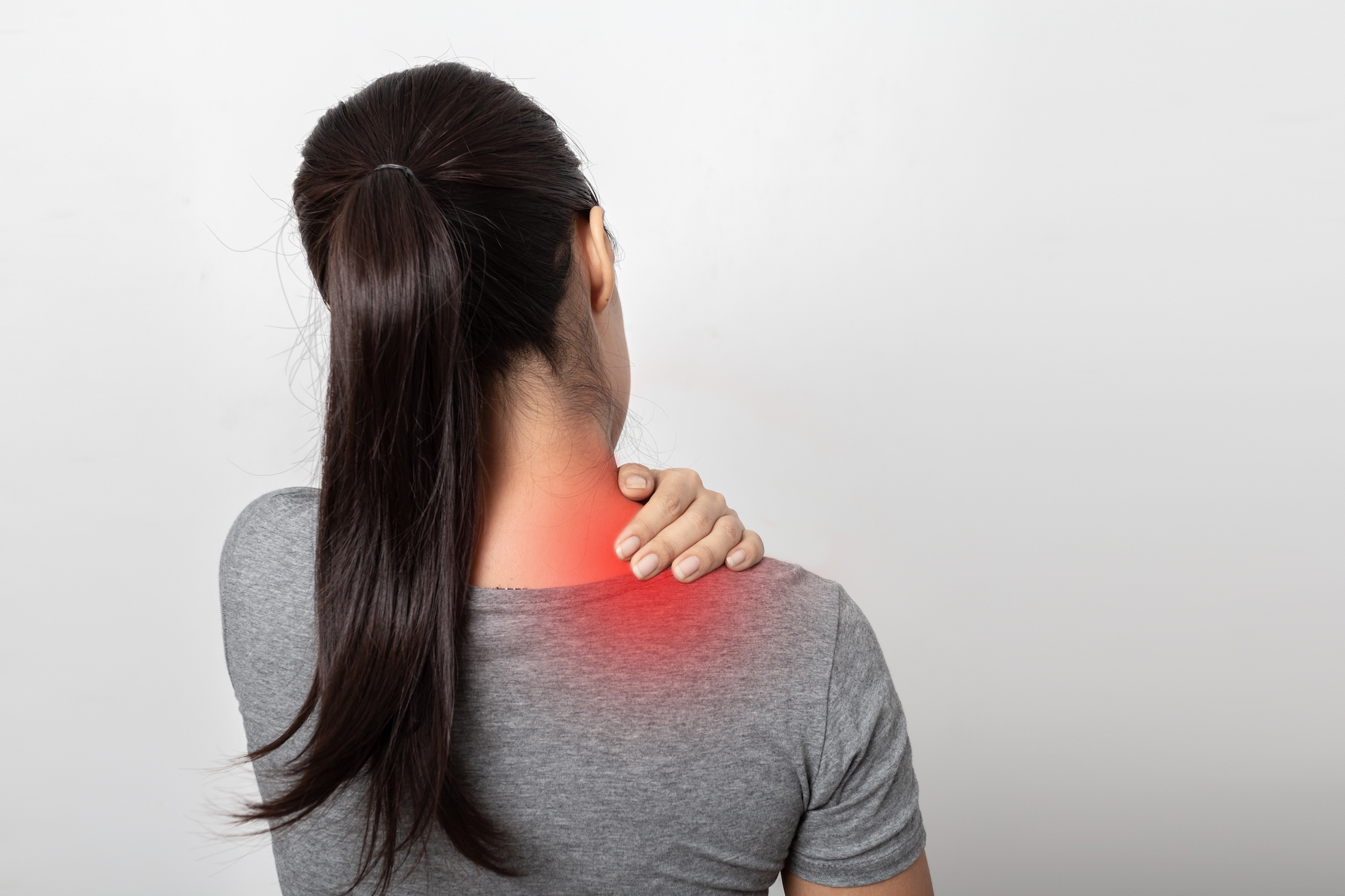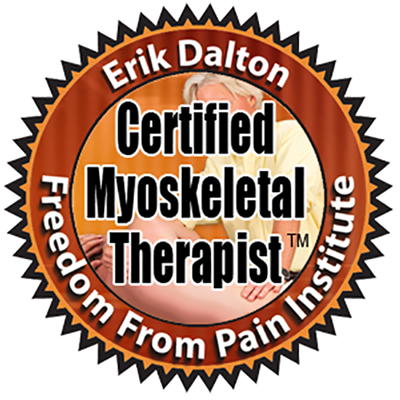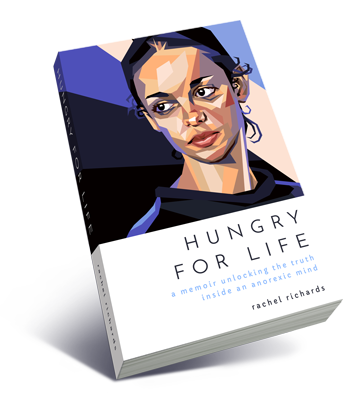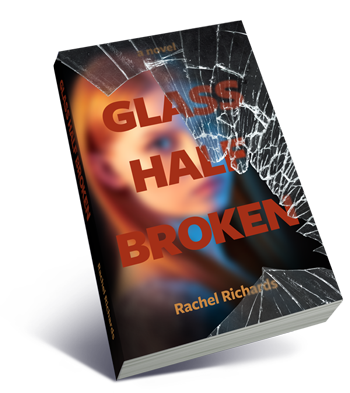News: October 2021
My Emergency Surgery - A Personal Update
I had a major health scare a few weeks ago, and since this is a newsletter on health and wellness, I want to share my story with you.
I was at the playground with my little girl when I began to feel intense abdominal pain. Shortly after, I was rushed to the E.R. to learn that I had a life-threatening condition and would need immediate surgery.
It was shocking and scary, but you helped me through it. I felt the support of this amazing community - whether you're a Rachel Richards Massage aficionado, or you only pop in from time to time.
Sending love, gratitude, and healing wishes!
That crazy thing called "pain"
 Having spent hours in severe pain before my surgery, the subject of pain has been on my mind. At the time, I was begging the E.R. staff to give me something to put me out of my misery. But as I sit here, pain-free and on the mend, I am feeling grateful for the pain I endured, for had my brain not sounded such an alarm, it is unlikely I would be here today.
Having spent hours in severe pain before my surgery, the subject of pain has been on my mind. At the time, I was begging the E.R. staff to give me something to put me out of my misery. But as I sit here, pain-free and on the mend, I am feeling grateful for the pain I endured, for had my brain not sounded such an alarm, it is unlikely I would be here today.
Todd Hargrove's blog post sums up the fascinating most recent findings in pain science, and this feels like a good time to share some with you.
1) As illustrated above, pain is a survival mechanism, and our brains take it very seriously. That said, our brains also tend to overcompensate, often sending pain signals when it senses a threat, even though there may be no physical damage.
2) Pain is created by the brain, and not by damaged tissue in the body. When people tell you that your pain is "all in your head," this is true - for everyone. That doesn't make it any less real. An extreme example of this is phantom limb pain.
3) The brain's interpretation is not always accurate and, to make things more complicated, several areas in the brain help to process pain, including areas that govern memory, emotions, and intensions. Two people with the same injury can experience completely different pain responses. In addition, someone may have pain in the absence of tissue damage, or have significant tissue damage and no pain at all.
4) Just as our brains become accustom to skills or habits, they also adapt to pain signals. The more times we have the same type of pain, the more quickly and easily we feel it when it strikes again. Experiences cause certain neural pathways in the brain to light up, and those pathways are more easily activated with each repeated experience.
5) Our experience of pain is wrapped up in our emotional states. If we are anxious or depressed, for example, our tolerance for pain decreases.
Pain should be taken seriously. It's always best to see a doctor to get the root of the pain, whether physical, emotional, or other. But I do want to make a distinction - this article is primary referring to chronic pain. That is where most pain science gets complicated, and pain and tissue damage don't necessarily correspond. What I experienced was sudden onset acute pain, which should be taken extremely seriously. If you suddenly find yourself in severe pain and you don't know why, your brain is probably urging you to get help right away. Our brains don't always get it right, but they can save our lives!
What's new with me ...
I was so grateful to attend my dad's 90th birthday party, two days after I left the hospital. I got clearance from my surgeon, and decided to surprise my dad. It was pretty great :)
Sienna had a great start to her fall semester. She loves her teachers and her classmates, and looks forward to school every day. She is still making videos like crazy. Lately, she's been drawing her own characters in a sophisticated art app, and then animating them to tell stories!

Call or text me today
917-359-8641
I'd be happy to answer
any questions you have!
Massage@Rachel-Richards.com
Subscribe to my Youtube channel!
Did you know?





